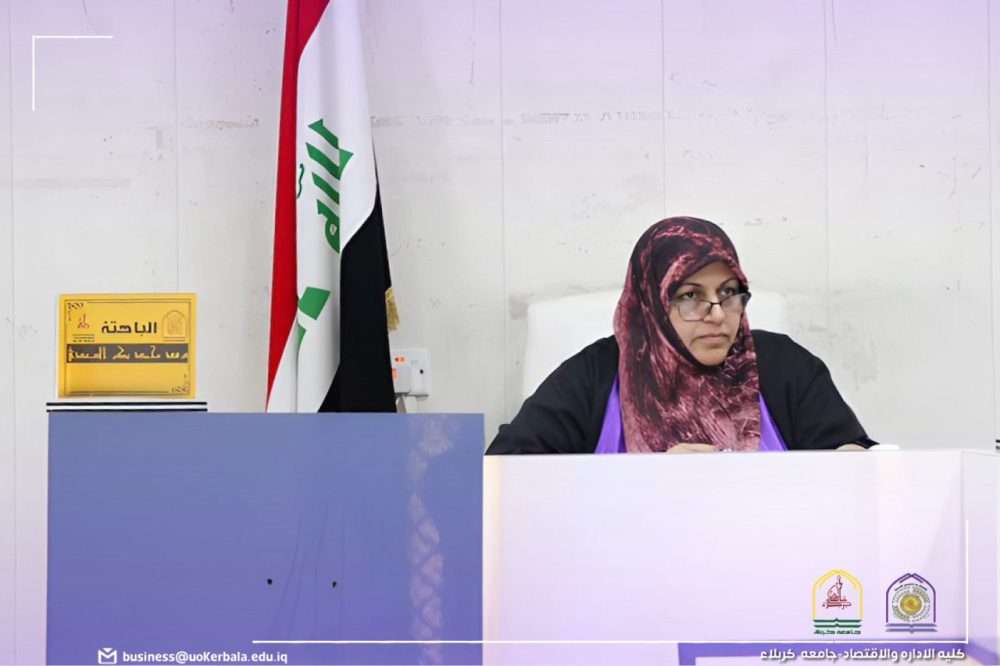The Effect of the Size, Independence, and Experience of the Government Internal Audit Apparatus in Reducing Financial Corruption and its Reflection on the Quality of Financial Statements
Thesis submitted to the Board of the College of Management and Economics – University of Karbala, which is part of the requirements for the degree of Doctor of Philosophy in Accounting
By the Student:
Farqad Mohammed Bakr Al Saadi
Supervised by:
Prof. Dr. Asaad Mohammed Ali Wahhab
Abstract
The study’s objective is to assess the impact of the internal audit department’s size, autonomy, and expertise in the public sector on its effectiveness in combating financial misconduct and ensuring the accuracy of financial information. These elements will ultimately impact the government’s formulation of the state’s general budget for the upcoming years and the final financial statement. The study investigates the mechanisms through which financial corruption occurs within the public sector and its detrimental impact on the national economy.
A questionnaire was designed to achieve the research objective. 174 paper and electronic questionnaires were gathered, all valid for analysis. The results obtained from these surveys were used for statistical analysis. The distribution was carried out among a randomly selected group of internal auditors working in Iraqi public sector units across fifteen governorates in Iraq, except the Kurdistan Region. The documents were distributed online, primarily through social media groups. However, government entities in Karbala, Najaf, Babylon, and Qadisiyah received physical copies of the documents. The researcher employed SPSS version 25 to assess the hypotheses and variables. Analytical methodologies were utilised to verify the precision and uniformity of the questionnaire. The study hypotheses were analyses using the Baron and Kenny model (1986) and basic linear regression. The findings demonstrated the impact of scale, autonomy, and expertise on financial data quality. The size of the internal audit department directly correlates with the reduction of financial corruption and impacts the efficiency of task completion. Independence significantly impacts the efficiency and quality of financial accounting data.
Furthermore, there is a correlation between internal audit size, independence, and expertise, the quality of financial data, and its susceptibility to financial corruption. The research findings indicate a need to increase the number of internal auditors in public sector units in proportion to the unit’s workload. Additionally, it is recommended that a strategy for ongoing education be implemented to enhance the effectiveness of internal auditors. Moreover, it is essential to grant more autonomy to internal audit managers to mitigate financial corruption.































































